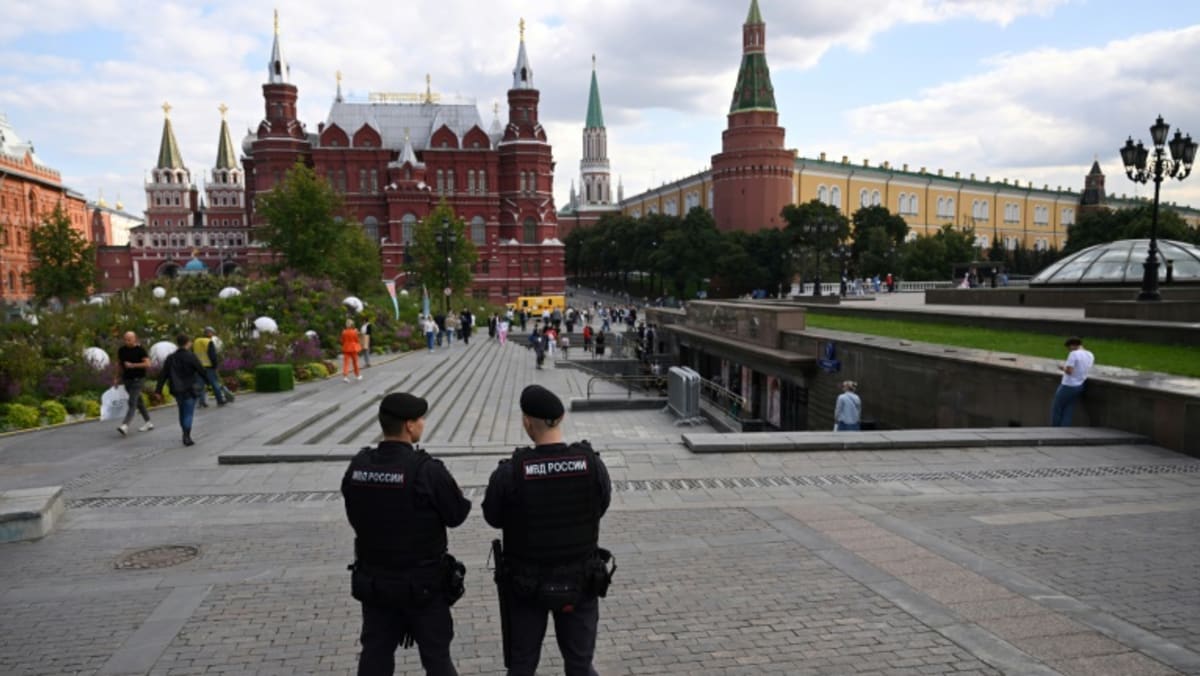
Katzarova said she had been granted no access to Russia, adding that Moscow tried to “obstruct” her work.
Her findings were based on consultations with more than 60 Russian and international rights groups and individuals, in person, by phone or online, and nearly 100 written submissions.
Katzarova, who is due to present her report to the Human Rights Council later this week, said she had documented how recent legislative restrictions were being used to “muzzle civil society”.
“The often-violent enforcement of these laws and regulations has resulted in a systematic crackdown on civil society organisations,” she wrote.
“It has led to mass arbitrary arrests, detentions and harassment of human rights defenders, peaceful anti-war activists, journalists, cultural figures, minorities and anyone speaking out against the war.”
She urged Russia to repeal problematic articles of its criminal code, and to “immediately release those detained under the provisions, quash their convictions and expunge their criminal records”.
TORTURE, SEXUAL VIOLENCE
She also demanded the release of all arbitrarily detained political opposition activists, including opposition leader Alexei Navalny and dissidents Vladimir Kara-Murza and Ilya Yashin.
Katzarova said women, especially rights defenders, activists or journalists, had “suffered specific gender-based violence, humiliations and intimidation”.
“The persistent use of torture and ill-treatment, including of sexual and gender-based violence, puts at risk the life of people in detention,” she said.
Katzarova said “the environment of impunity, the unpredictability of changes to the law, in addition to their ambiguity”, had forced many Russians into exile.
She called for “an effective, impartial and independent investigation into all instances of use of force, arbitrary detention and other forms of pressure”.
Russia should also “ensure prompt, transparent and effective investigation … of all allegations of torture and ill-treatment in custody,” she said, demanding that all perpetrators be held to account.
Katzarova’s mandate is due to expire next month unless the UN Rights Council votes to extend it – something Moscow vehemently opposes.
The Russian foreign ministry has described efforts to extend her “illegitimate” mandate as “politicised and extremely confrontational”.
